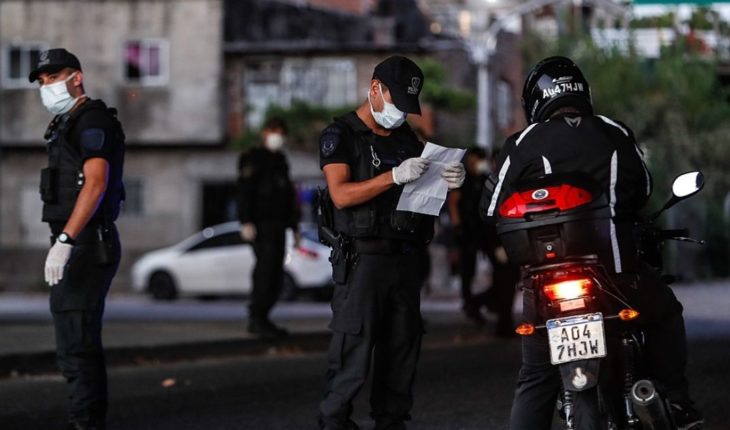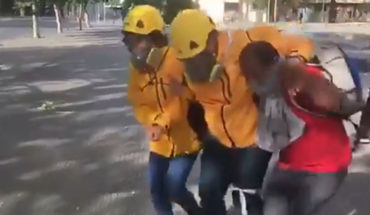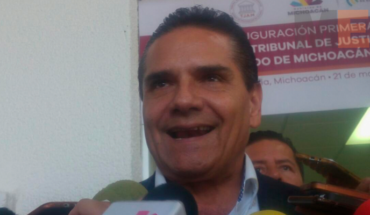Undersecretary of Health Strategies Alejandro Costa confirmed the first case of community transmission in daily report number 19 by the Ministry of Health every morning.” In Argentina, there are 266 cases that have been confirmed, of which 190 have an international travel history, 59 have local transmission in conglomerate, 1 case has no history of travel or narrow contact and 17 are in evaluation epidemiological epidemiological,” Costa reported, specialists separate coronavirus cases into three types depending on the type of contagion the patient has. The first to be confirmed in Argentina are “imported” cases. They are the people who traveled abroad, where they got coronavirus and returned to the country with the infection. The second type is called “un-imported” which are what was infected by being in close contact with the “imported” group of patients. The third case, which was confirmed on Monday and is that of “community transmission” or “free movement”. It refers to those patients who are infected in the country, but who were not in contact with “imported” cases. This means that the virus is already “present in the population”, because it is not possible to identify the source of the infection.
Coronavirus in Argentina: first case with no travel history or contact
“Community transmission means that a case of coronavirus is detected from a person who did not travel or was close contact with someone who traveled. That means that the virus is already circulating in the community,” said the infectologist, José María Malvido. The World Health Organization (WHO) details that “community transmission” is based on the “inability to relate confirmed cases through chains of transmission to a large number of cases”. In this note:





